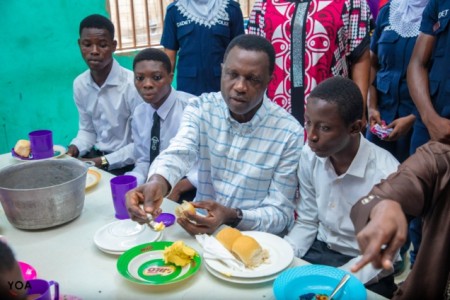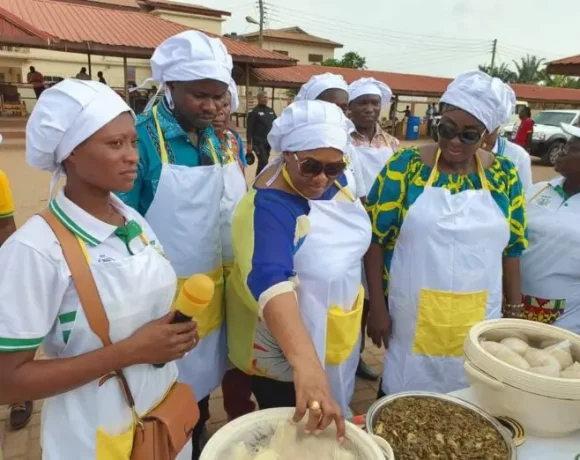Basic students in Upper East schooled on menstrual health and hygiene

A non-governmental organisation and lead implementation partner for the USAID-funded Enhancing Water Sanitation and Hygiene Activity (E-WASH), Global Communities (GC), has provided counselling and sensitization to selected basic schools in the Upper East Region to improve menstrual hygiene management and its associated dangers.
According to GC, the challenges of accessing hygienic menstrual materials and inadequate private space for menstruating women and girls to change while in school and at home continue to hinder the education of the girl-child thus the initiative to break the barrier.
Speaking on behalf of the Chief of party Alberto Wilde, in Bolgatanga to mark Menstrual Hygiene Management Day, Upper East Coordinator for Global Communities, George Gyesey described menstruation myths by some cultures as disturbing stating that the phenomenon was natural.
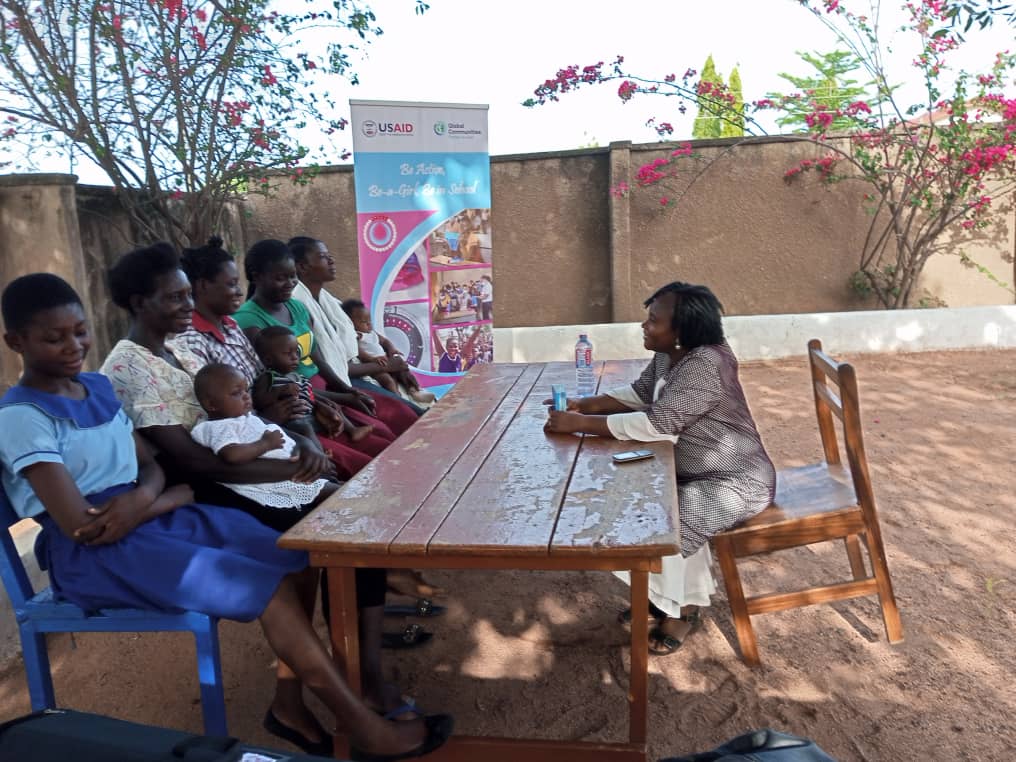
“Menstruation has also turned into a nightmare for millions of women and girls through persistent taboos and stigma, lack of access to menstrual products and proper sanitation, as well as lack of education and support for managing their menstrual cycle, but I’d like to state categorically that, menstruation is a normal and natural phenomenon. It should not be treated as something negative, shameful, dirty or non-religious”.
He reiterated calls for more education on menstrual health and hygiene management at both school and home, especially for first-timers to avert the girl-child from engaging in risky practices to manage their menstrual cycle.
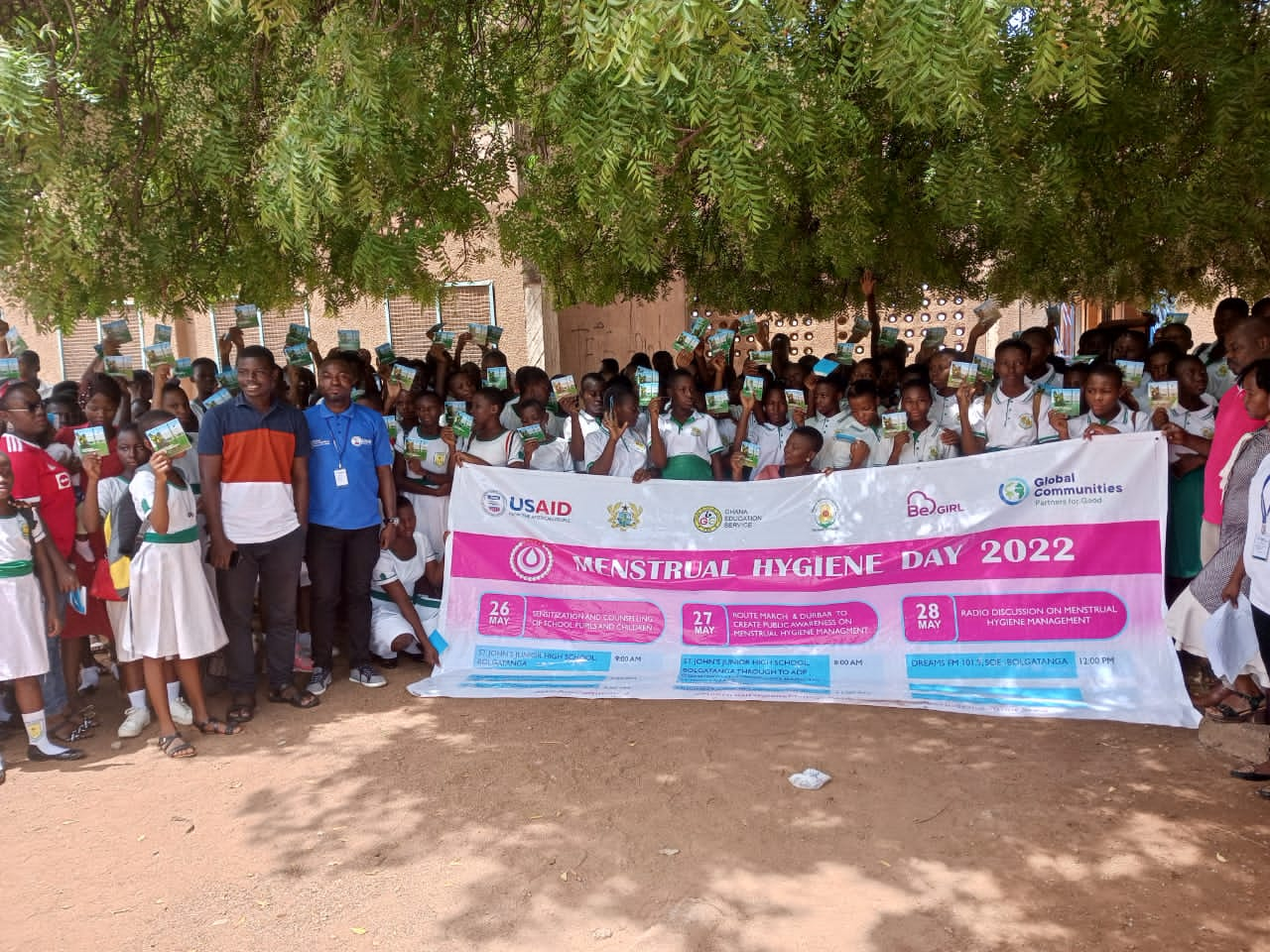
“To break these barriers, we work together with various stakeholders and other partners at all levels by empowering and looking out for the well-being of women and girls worldwide by providing access to sanitary pads and appropriate toilet facilities and ensuring that women and girls live in environments that values and supports their ability to manage their menstruation with dignity.
This day is also used to encourage Governments, Civil Society Organisation, and other Non-Governmental Organisations to promote good menstrual health and hygiene management by responding to the numerous factors that contribute to women and girls engaging in risky practices in order to manage their menstrual cycle”.
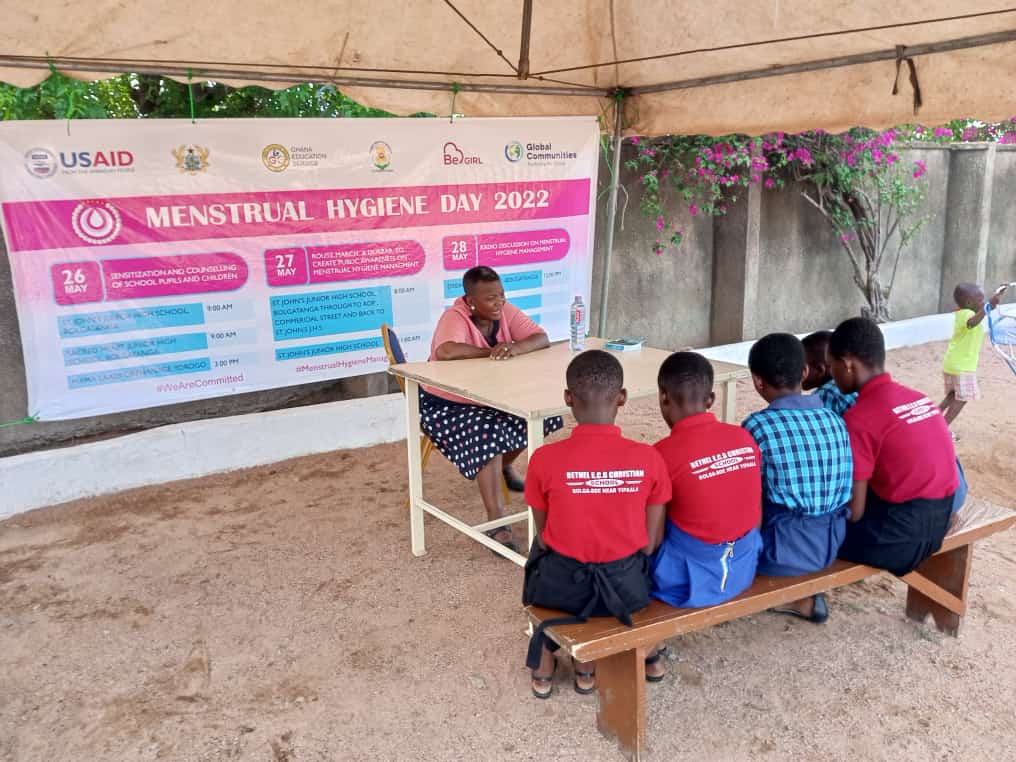
Students from the beneficiary schools; St. John Junior high school, Sacred Heart Junior high school, and Mama Laady’s Orphanage, benefited from counselling on menstrual health and hygiene management.
source:Frederick Awunih


